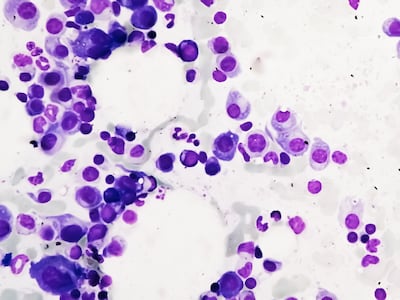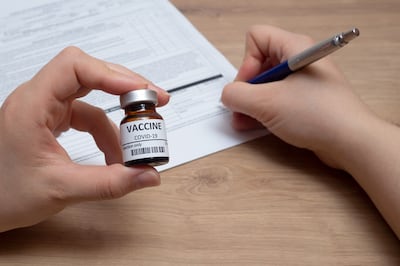Approval Standards
Obesity will continue dominating the cadiovascular, renal and metabolic field in 2026, but the US FDA's Commissioner's National Priority Voucher program could disrupt the user fee calendar throughout the vast sector.
The headlines showed a robust tally of new drug approvals from the US FDA in 2025, but cracks are beginning to show that could turn into fissures in the year ahead.
The unusual revision of Corcept’s complete response letter suggests the FDA may be writing for a different audience now that unapproved product CRLs are being made public.
Accelerated approvals of novel products rebounded in 2025 as drug development adapted to major pathway changes enacted in the FDA Omnibus Reform Act, but pending applications suggest a potentially bigger impact outside oncology in 2026.
Pink Sheet editors discuss new information on the Commissioner’s National Priority Voucher Program, including the role of the center directors and the Commissioner’s National Priority Voucher Review Council in application reviews.
The European Medicines Agency said that Sanofi’s Rezurock should be approved on a conditional basis for patients with chronic graft-versus host disease after reconsidering its initial decision not to recommend the drug.
However, their recommendation, coupled with those of the Commissioner’s National Priority Voucher Review Council, likely will be a source of pressure on scientific reviewers and the division or office directors who are the signatory authorities on applications.
Pink Sheet editors discuss the average speed of FDA novel drug application reviews in 2025 and consider whether staffing departures and general upheaval throughout the year will impact times in 2026.
No sponsors have been accepted into the Split Real-Time Application Review pilot program and its extension beyond 2027 appears unlikely.
Leadership changes and the departure of numerous experienced staff are “going to start to catch up” and will negatively impact application quality and drug approvals in the coming year, former Commissioner Scott Gottlieb predicted.
FDA officials want to see more use of alternative approaches to preclinical pediatric safety analyses, but for now are ready to be patient rather than issue mandates.
FDA draft guidance formalizes 2024 advisory committee recommendations and would allow earlier, more precise indicators of cancer clearance in multiple myeloma to support accelerated approval and reduce reliance on overall response rate.
The agency indicated during prescription drug user fee reauthorization discussions about performance metrics that 20% of reviewers were lost last year.
Pink Sheet editors discuss Richard Pazdur’s concerns about the Commissioner’s National Priority Voucher program and the idea that the FDA could release action packages for unapproved products in addition to complete response letters.
Novavax's John Jacobs discussed the company's response to FDA pressure and Takeda's Andy Plump addressed regulatory uncertainty in the US during the J.P. Morgan Healthcare conference.
New draft guidance includes case studies where Bayesian approaches have been used, including several examples from the Complex Innovative Trial Design program.
Pink Sheet editors and special guest Michael McCaughan discuss the legacy of long-time Oncology Center of Excellence Director Richard Pazdur, who retired from the FDA in December.
Richard Pazdur joined the US FDA almost a decade after the accelerated approval pathway was invented, but no one played a larger role in shaping its use in the 2020s.
Richard Pazdur is leaving the US FDA amid a time of unprecedented turmoil and uncertainty, but that should not obscure the transformative impact he had on oncology in the US and around the world.
The Pink Sheet's list of EU centralized approvals of new active substances has been updated to include two new products, one of which is Wayrilz, Sanofi's treatment for immune thrombocytopenia.

















